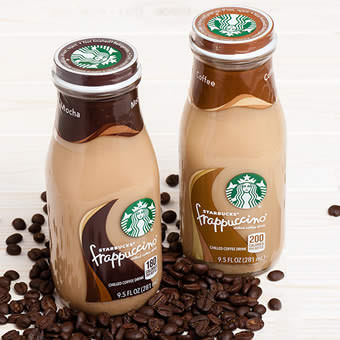Introduction
In today's Go to the website quickly developing food industry, companies are seeking lasting remedies to meet the growing demand for top quality food products while lessening their environmental effect. Contract food manufacturing has emerged as a feasible option for companies looking to outsource their manufacturing needs while maintaining control over item development and also quality assurance. This short article discovers the principle of contract food manufacturing in Australia and its role in advertising sustainability within the food industry.


The Increase of Contract Food Manufacturing in Australia
Understanding Agreement Food Manufacturing
Contract food production is a calculated collaboration between a brand name proprietor and also an agreement manufacturer, where the latter creates goods in support of the previous. This plan permits brand name owners to focus on marketing, product growth, as well as circulation while leveraging the competence and resources of specialized agreement manufacturers.
Benefits of Contract Food Manufacturing
Cost Efficiency: Contract food manufacturing gets rid of the demand for substantial capital investments in infrastructure, equipment, as well as workforce. This cost-saving procedure allows brands to allot their resources in the direction of various other vital areas of service growth. Scalability: As demand for a certain product rises and fall, agreement makers can promptly readjust manufacturing degrees to fit market requirements. This flexibility guarantees that brands can fulfill consumer demand without excess inventory or wastage. Expertise and Development: Agreement manufacturers usually have extensive knowledge and experience in details food categories or processes. By working together with these professionals, brands can tap into their imagination as well as harness cutting-edge services for item growth and improvement. Quality Assurance: With strict quality control measures in position, contract manufacturers follow market criteria as well as regulative needs. This dedication to quality guarantees that brands deliver safe and high-grade products to customers consistently. Supply Chain Administration: Contract food manufacturing improves the supply chain by settling production, packaging, labeling, and distribution under one roofing. This incorporated technique reduces logistical complexities and enhances overall functional efficiency.The Ecological Impact of Agreement Food Manufacturing
Reducing Carbon Footprint
Contract food manufacturing offers chances to minimize the ecological impact of food manufacturing through various ways:

Embracing Renewable Energy
Contract food producing centers in Australia are progressively adopting renewable energy sources to power their operations. Solar panels, wind turbines, and other tidy power options help in reducing dependence on fossil fuels and add to a greener future for the industry.
Addressing Sustainability Obstacles in Agreement Food Manufacturing
Waste Monitoring as well as Reusing Initiatives
Contract food suppliers prioritize waste management with extensive recycling programs and waste decrease strategies. By implementing efficient waste segregation systems, companies can draw away substantial quantities of waste from landfills as well as promote a circular economy.
Water Preservation Measures
Water shortage is a global concern, as well as contract food makers play their component in resolving this obstacle. Business buy water-saving innovations, such as advanced filtration systems as well as water reuse initiatives, to lessen their freshwater consumption.
Collaboration with Sustainable Suppliers
Contract food producers proactively look for collaborations with suppliers committed to sustainable methods. By prioritizing eco aware vendors, these business make sure that their entire supply chain aligns with sustainability goals.
FAQs
What is contract food manufacturing? Contract food manufacturing refers to the outsourcing of food manufacturing to specialized manufacturers that produce products in behalf of brand owners.
How can contract food manufacturing advantage services? Contract food manufacturing provides price performance, scalability, experience, and also quality control to brand names seeking to concentrate on marketing and also distribution.
How does contract food manufacturing advertise sustainability? By maximizing source usage, accepting renewable energy, and also implementing waste management and reusing efforts, contract food manufacturing reduces its ecological impact.
What are some sustainable product packaging options in contract food manufacturing? Eco-friendly product packaging materials such as biodegradable or recyclable options are commonly utilized in contract food manufacturing to reduce waste.
How do contract food producers save water? Agreement food makers buy water-saving technologies as well as apply water reuse efforts to decrease their freshwater consumption.
What role does collaboration with sustainable distributors play in contract food manufacturing? By partnering with eco aware distributors, agreement food producers guarantee that their entire supply chain lines up with sustainability goals.
Conclusion
Contract food production provides a lasting option for companies seeking to meet the expanding need for quality food products while reducing their ecological impact. By leveraging the knowledge of customized suppliers and also adopting eco-friendly practices, brand names can contribute to a greener future for the Australian food market. Accepting sustainability not only profits the setting yet also improves brand track record and also consumer count on a significantly aware market.